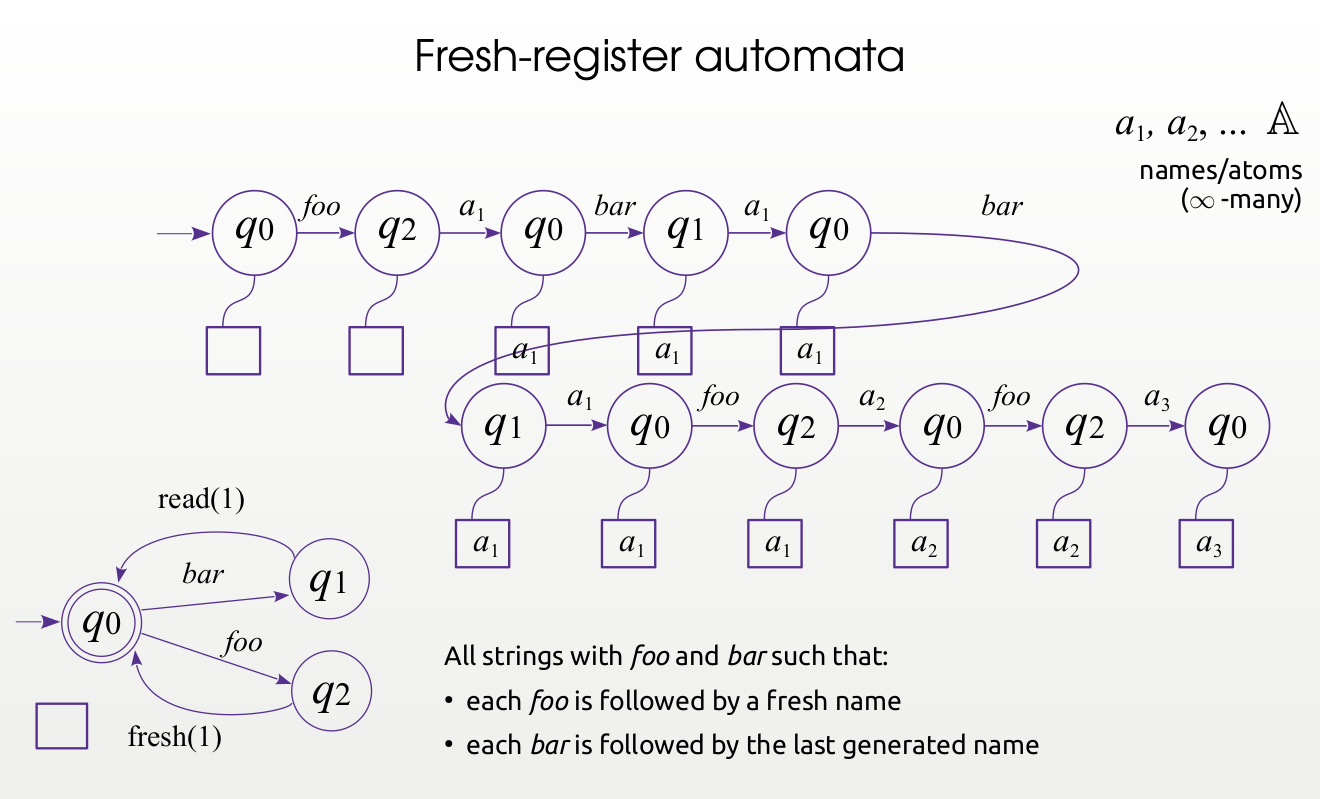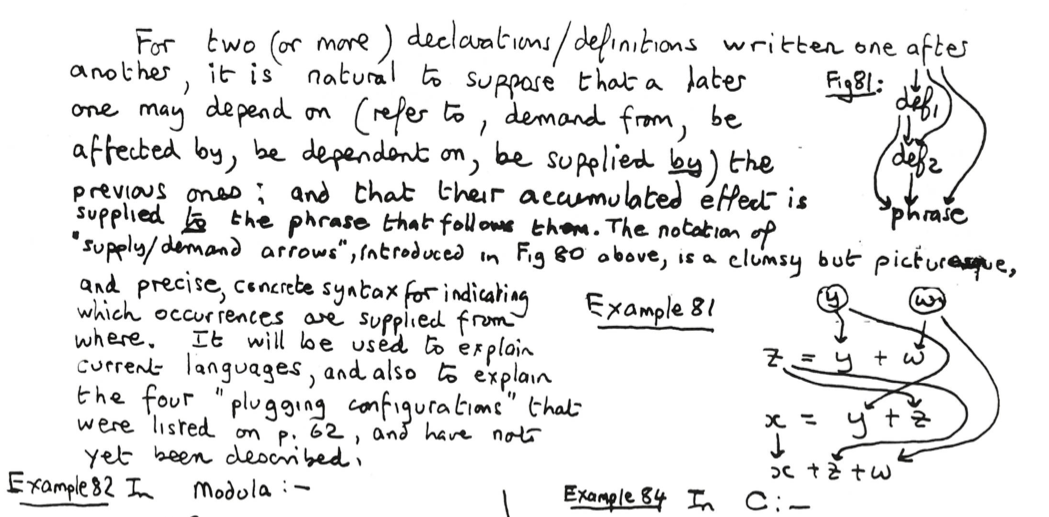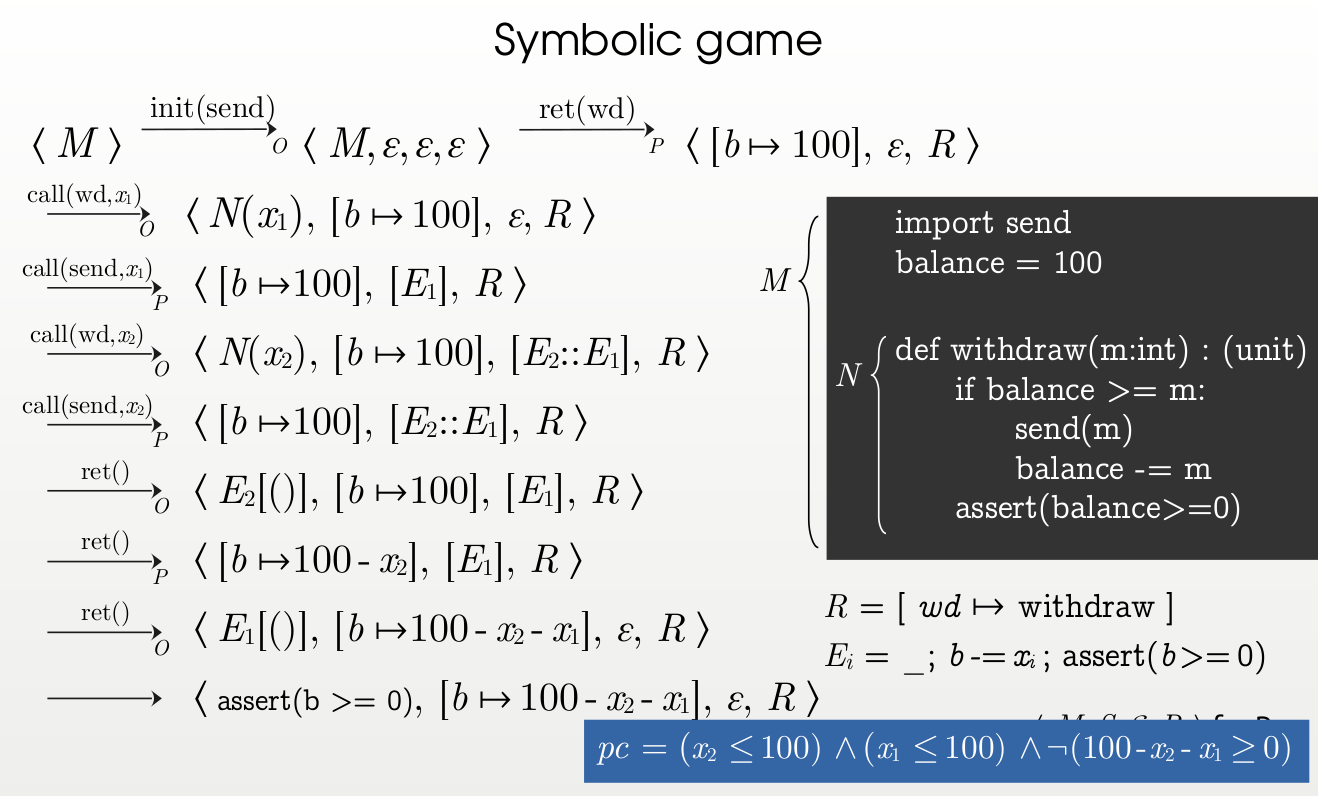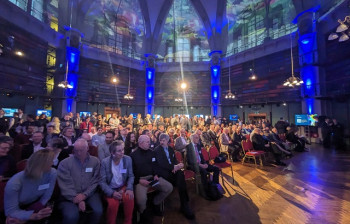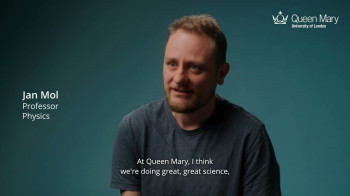Welcome to The Centre for Fundamental Computer Science
Fundamental Computer Science has always been one of the core strengths of Queen Mary’s work in the area.This dates back to the in the 1960’s and the appointment of the famous computer scientist Peter Landin who was the first to realise that the lambda calculus could be used to model a programming language, which proved essential to the development of functional programming.
Our vision is that research into the core principles of both logic and mathematical modelling techniques leads to structural advances in practical capabilities. We have pioneered numerous developments that illustrate this, running from Landin’s work on the basics of Functional Programming, through O’Hearn and Pym’s work on substructural logic that led to the first use of verification at scale in industrial code-bases, Honda’s work on the structure of interactions that leads to session types, Malacaria’s work on structural information flow.
More recently we have worked on applications in security, computer video and sensor networks, and on the theory of information and probabilistic reasoning.
Events
 Wed 12 Jun 2024 Wed 12 Jun 202415:00 - 17:00 | Entrepreneurs Club event with Prof Andy Bushby Faculty of Science and Engineering |
Recent Publications
- Bandukara MH and Tzevelekos N (2023). On-the-fly bisimulation equivalence checking for fresh-register automata. Journal of Systems Architecture, Elsevier vol. 145
01-12-2023 - MacBrayne A, Curzon P, Soyel H, Marsh W, Fenton N, Pitzalis C and Humby F (2023). Attitudes to technology supported rheumatoid arthritis care: investigating patient and clinician perceived opportunities and barriers. Rheumatology Advances in Practice, Oxford University Press (OUP)
26-10-2023 - Iraci G, Chuang C-E, Hu R and Ziarek L (2023). Validating IoT Devices with Rate-Based Session Types. Proceedings of the ACM on Programming Languages, Association for Computing Machinery (ACM) vol. 7 (OOPSLA 2), 1589-1617.
16-10-2023


